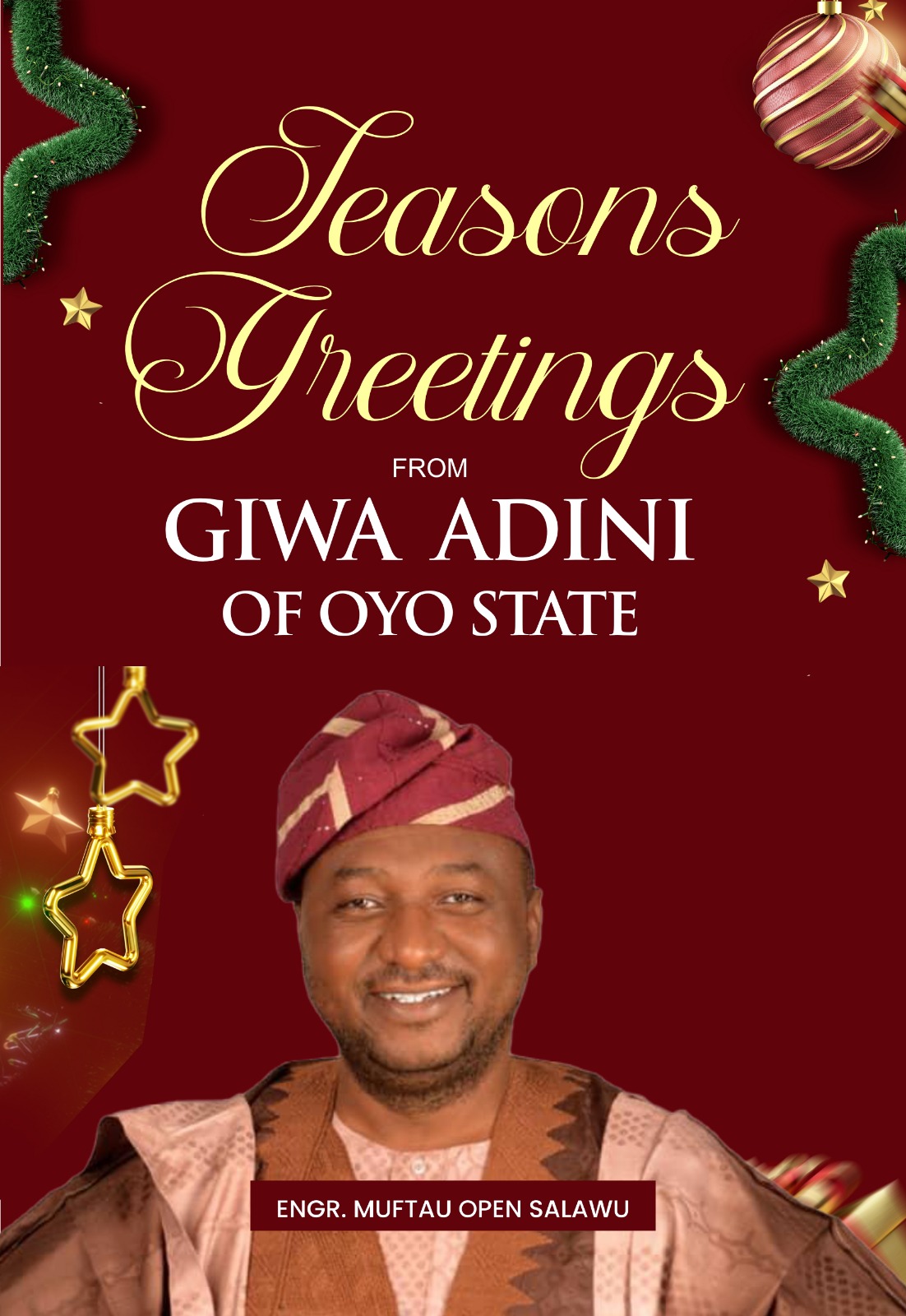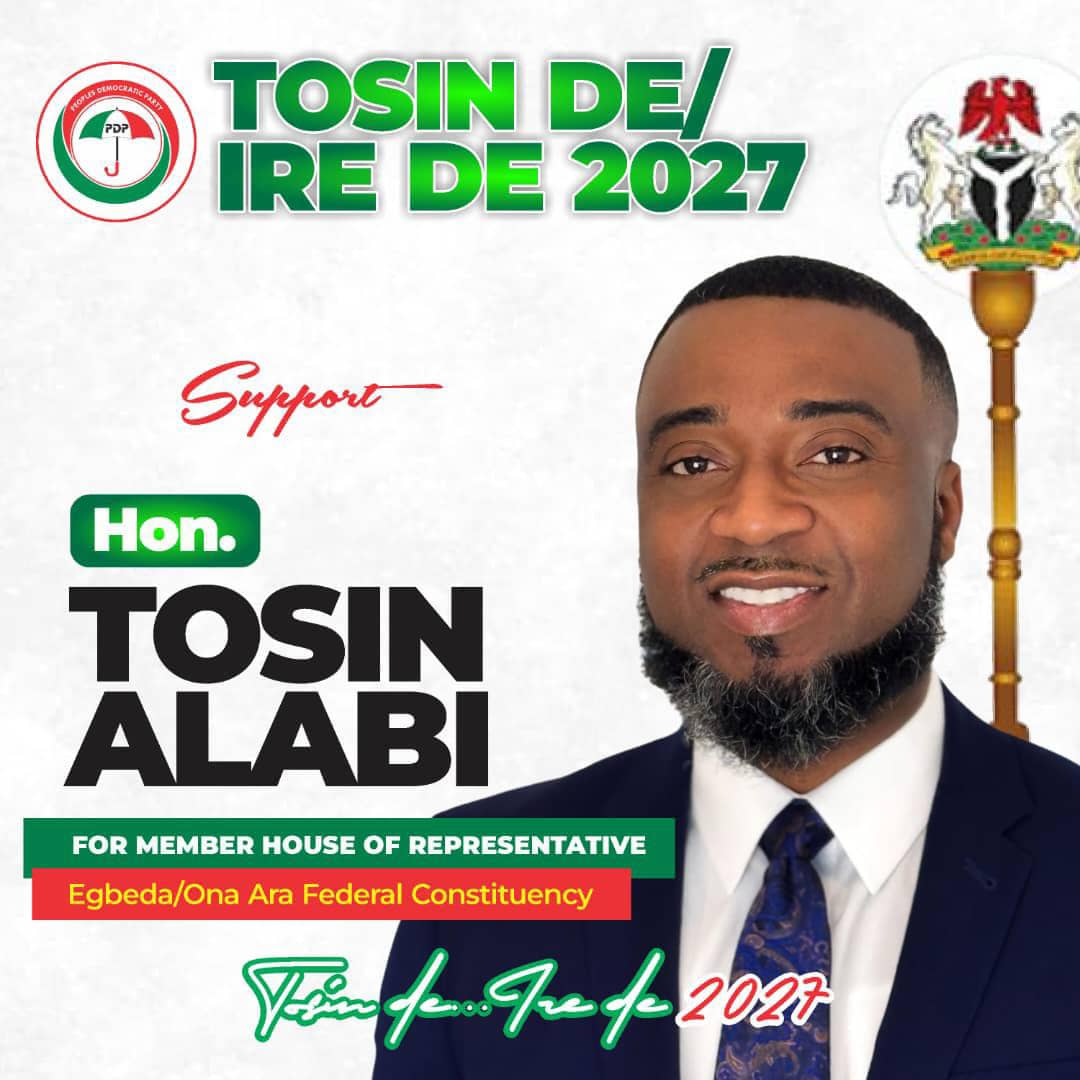A prosecution witness, Mr Abubakar Madaki, on Thursday told a Federal High Court in Lagos that a former governor of Oyo State, Rasheed Ladoja purchased 26 cars for 14 ex-legislators from the state coffers.
Madaki, an Economic and Financial Crimes Commission (EFCC) operative, gave evidence in the trial of Ladoja and a former Commissioner for Finance in the state, Waheed Akanbi, over alleged N4.7billion fraud.
The defendants were arraigned before Justice Mohammed Idris on Dec.14, 2016, but they pleaded not guilty to the eight-count charge preferred against them by the EFCC.
The judge had earlier granted the two men bail.
[poll id=”2″]
At the resumed trial on Thursday, Ladoja’s counsel, Mr Bolaji Onilenla, continued the cross-examination of the witness.
Madaki alleged that Ladoja had instructed the second prosecution witness (pw2) Mr Wale Atanda, to buy 26 cars worth N80 million for 14 legislators in the State House of Assembly who were loyal to him from the Oyo State Government’s {OYSG} account.
Onilenla during the cross-examination asked the witness: “Take a look at Exhibit H25, the requested vehicle information for the cars, what is the date on it.’’
The witness said: “It is dated 2005.’’
Onilenla further asked the witness to confirm that the transaction on the cars was unrelated to that of the sales of Oyo shares, to which he answered in the affirmative.
Onilenla then asked the witness: “Are you aware that the vehicles were given to the legislators on lease?’’
The witness said: “There is no statement showing they paid for them, only Ladoja paid N5million when the bank began to request for the money.’’
Onilenla asked: “Are you aware that the legislators entered into agreements with VT Leasing Ltd., to pay for the cars in installments?’’
The witness said: “I am not aware of any agreement.’’
Onilenla then sought to tender the agreement documents, all of which were photocopies except the agreement between VT Leasing Ltd., and Mr Olayemi Busari.
The EFCC prosecutor, Mr Oluwafemi Olabisi, however, objected to the photocopies tendered contending that they were not original copies, but the court admitted and marked them as Exhibit H32.
Onilenla continuing his cross-examination said: “On the issue of the 600,000 pounds, did you investigate the bureau de change that was allegedly used?’’
The witness said: “The daughter of the first accused was the beneficiary. She admitted getting 100,000 pounds and not 600,000 pounds, so there was no need.’’
Onilenla also asked the witness: “On the purchase of the armoured car, are you aware that Atanda bought the car for Ladoja on the supposition that he wanted it, without asking him?’’
The witness said: “Yes, My Lord, I am aware.’’
Onilenla further asked: “Why then did you not investigate how an individual was able to purchase a car for the government without following due process?’’
The witness said: “We did not investigate that.’’
Onilenla told the court that he needed to produce more documents to enable him finish his cross-examination and prayed the court for an adjournment.
Justice Mohammed Idris adjourned the case until Sept 7 for continuation of trial.
The News Agency of Nigeria (NAN) reports that the accused were alleged to have conspired to siphon and launder N4.7billion from the coffers of Oyo State Government.
EFCC is also accusing them of converting N1.9 billion belonging to Oyo State Government for their personal use through the account of a company called Heritage Apartments Ltd., to facilitate the crime.
The anti-graft agency claimed that they retained the money sometimes in 2007 in spite of their knowledge that it was proceeds from a criminal activity.
Ladoja was accused of removing 600,000 pounds from the state coffers in 2007, which he allegedly sent to Bimpe Ladoja, his daughter, who was in London at the time.
In addition, the ex-governor was also accused of converting N42 million belonging to the state to his personal use and, subsequently, used same to purchase an armoured Land Cruiser jeep.
The accused was also alleged to have converted N728 million and another N77million at different times in 2007, for his personal use.
He was alleged to have transferred the money to Bistrum Investments for the purchase of a property in Ibadan.
The offences contravened the provisions of Sections 14, 16, 17 (a) and 18 (1) of the Money Laundering (Prohibition) Act, 2004.






















